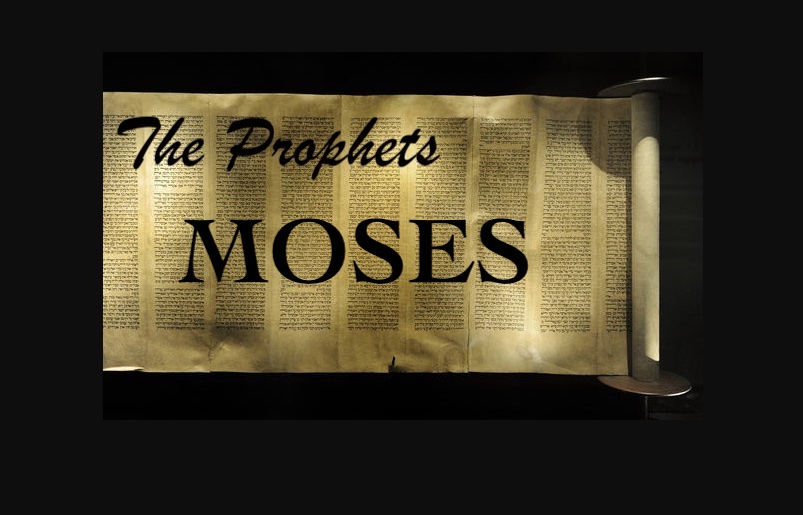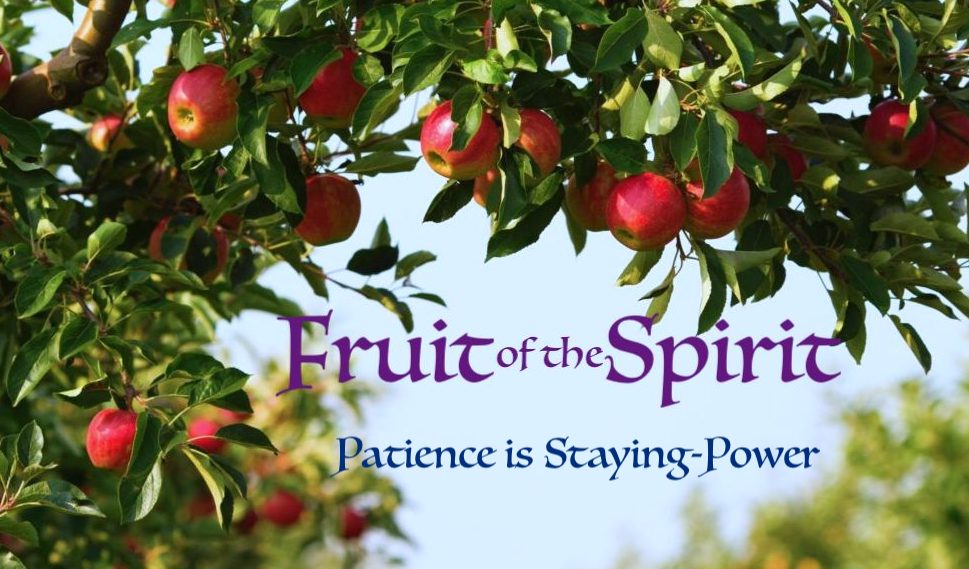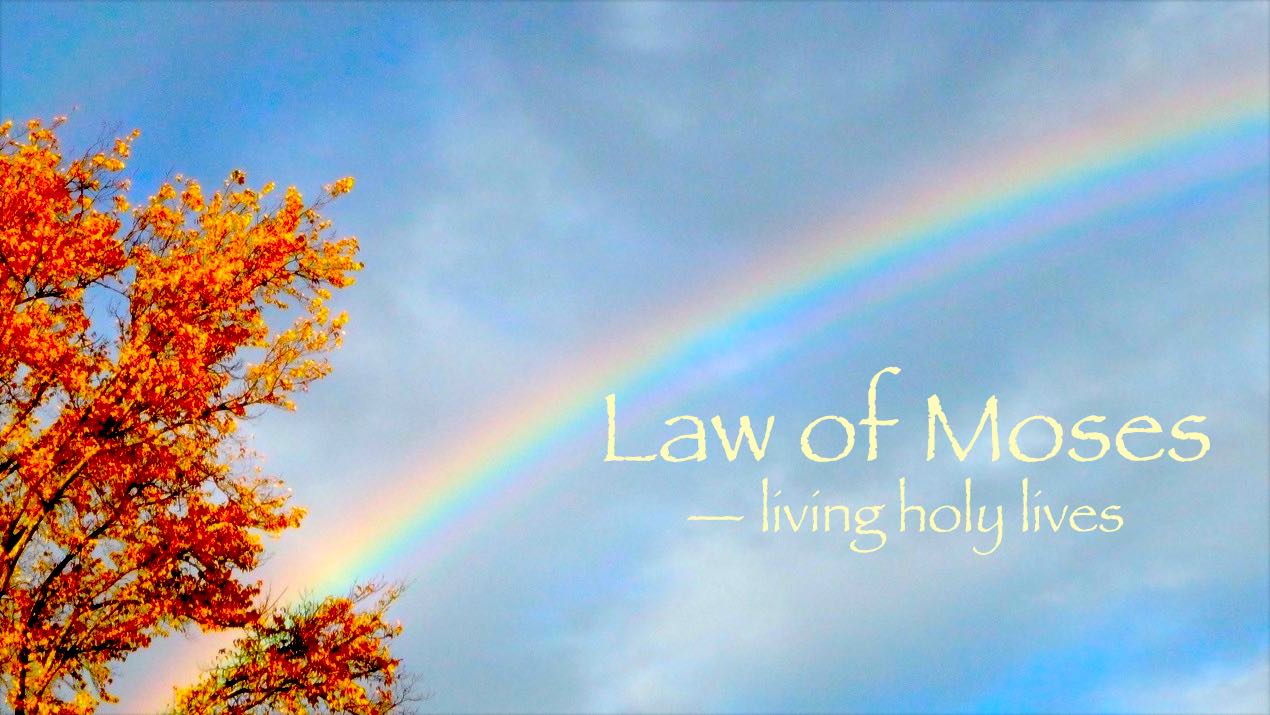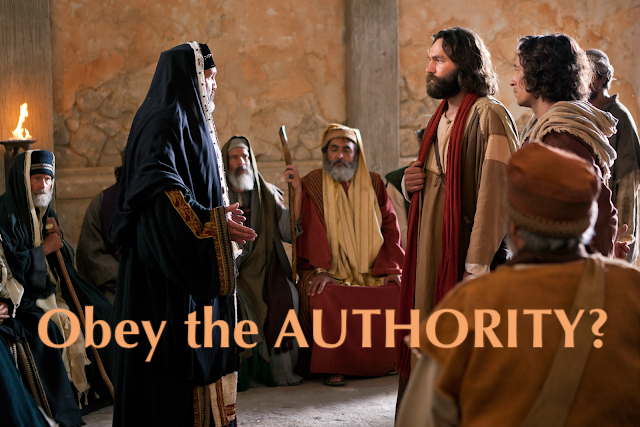 Disciples of Moses?
Disciples of Moses?
The Pharisees of Jesus’ day thought of themselves as disciples of Moses. They thought they knew Moses’ message, but they were wrong.
Jesus consistently exposed the Pharisees’ hypocrisy. For though they made a great show of fastidiously tithing on thyme leaves, an insignificant matter, in reality they were cheats and cons. They had avoided the fly in their meal, but had proverbially “swallowed the camel.” The politically correct crowd of the time claimed Moses’ message as their own, but the truth was quite the opposite. They lacked the justice, mercy, or faith that Moses had taught. None of these hypocritical people kept the law, the teachings God delivered through Moses. In fact, they were plotting to kill Jesus, the one who was trying to correct their lack of understanding. Jesus had not come to destroy the law or the prophets, but to make the full intent of these writings known. The people would reap what they were sowing, just as Moses prophesied. The apostle Paul encountered similar self-righteous attitudes when confronting the Jewish religious leadership that challenged his ministry to the Gentiles. Are we or our modern religious leaders guilty of holding similar attitudes towards God’s law?
God’s Law or Moses’ Law?
Paul, speaking in the marketplace of ideas in the Roman world, was intimately aware of the hypocrisy of some of the Jews. He had been a Pharisee of the Pharisees. He knew that they boasted in the law delivered to them by Moses, and had great disdain for the Gentiles. Paul pointedly told them that it was not enough to have heard Moses’ message, you actually had to do it! In fact, not only were the hypocritical religious authorities disobeying Moses’ instructions from God, they were bringing dishonour on God by breaking the law. They were guilty of ignoring the commandments by lying, stealing, and committing adultery. On the other hand, there were Gentiles whose conscience had taught them right from wrong and who were doing what was right. And ironically, Paul wrote that these Gentiles were doing a better job of keeping the spirit of Moses’ message, even though they had never read it for themselves.
Moses’ message was about living in covenant with the Lord God and loving his ways. The Lord was the one who had delivered them from slavery and given them guidelines for right living. It was the law of the Lord, and Moses was his scribe. The Lord, in his love for all people, had called Israel to be an exemplary nation. His desire was for the other nations to see all the blessings that derived from walking with God. Being doers of the law would bring good results. A society that valued human life and property rights, a society without theft, murder, envy, or unfaithfulness, would be a more peaceful and prosperous society. In this way other nations who saw these benefits would be encouraged to also obey God’s teachings. As a chosen people , a kingdom of priests, the Israel of God, would walk in the light of God’s way, and draw others to God. And yet, we see that in Jesus’ day the people had not learned this truth and were not heeding Moses’ message.
Are We Listening to Moses’ Message?
Jesus explained through his parable about Lazarus that the nation was not listening to Moses’ message. They were deaf to Moses’ teachings, and had not heeded Moses’ warnings. If the religious leaders would not listen to Moses, then even the miracle of resurrection would be insufficient to pique their conscience and cause a change of heart. So what was the warning that God had issued through his prophet, Moses? God was teaching them a lesson in cause and effect. He was giving a clear message that they would reap what they had sown. Both at the beginning of the nation’s sojourn in the wilderness and at the end, just prior to entering the promised land, Moses proclaimed God’s warning message. A message that also rings true for our day.
If the people would obey the laws given to them for their wellbeing, many blessings would follow as a natural result — cause and effect. Obedience would result in prosperity, abundant crops and flocks, the blessing of many children, and peace with their enemies. These blessings would put them in a position to lead the other nations encouraging them to adopt God’s ways. But if the people were disobedient the natural consequences of forsaking God and his laws would be disastrous. Why? The law was not just merely a matter of faith, it was the reality, the moral logic of the universe, which when contravened would bring a bitter harvest. In forsaking God’s ways the people would suffer from disease, drought, flood, crop failure, famine, and loss of their wealth and their children. God would remove his protection allowing foreigners to overwhelm the nation and ensuing wars would lead to the people being exiled into captivity. But this would not be the end of God’s people, for he would not forsake the covenant even though his people were not faithful.
Moses offered a message of hope from God, for even in captivity, God could and would hear the humble prayers of his people. If they cried out to God with repentant hearts, he would protect and deliver them once again. Moses’ message offers a warning and a great hope. God has the power of life and death, for he created all things. But God’s hope is that his people will have the heart to follow him and live in covenant with him. Moses’ message from God is that we should keep his commandments and cherish the knowledge that he has revealed to us. In so doing we will be choosing life for us and for our children.
Learn more about Prophets:
Purpose of Prophecy








